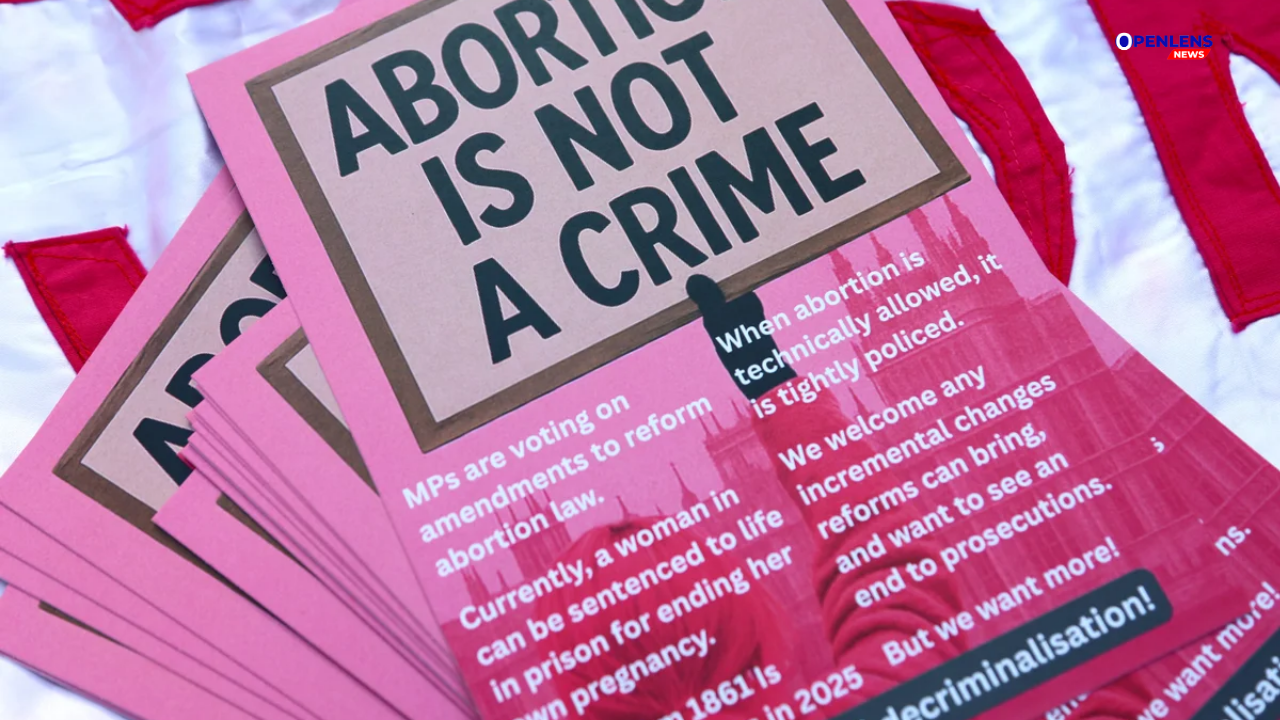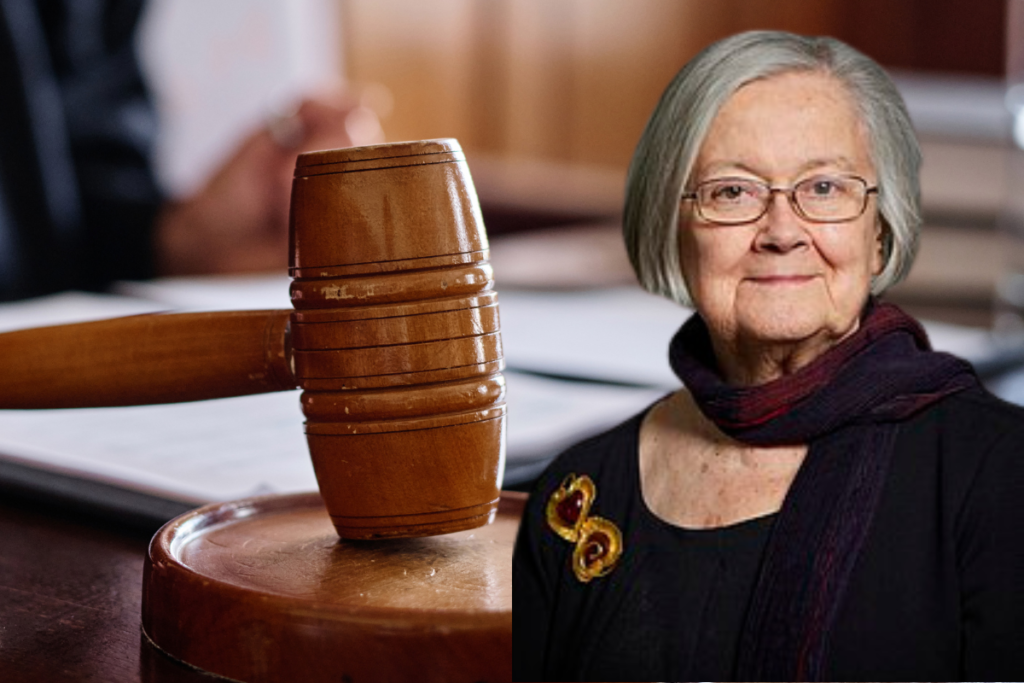In a landmark move, UK Members of Parliament have voted in favour of removing criminal penalties for women who end their pregnancies, marking a significant shift in abortion laws in England and Wales. The vote, held on June 17, 2025, passed with a strong majority, 379 MPs backing the change against 137 opposing it. The reform was introduced by Labour MP Tonia Antoniazzi as part of an amendment to the Crime and Policing Bill. While abortion itself remains legal under the 1967 Abortion Act, this amendment focuses on ensuring that women are no longer criminalised for self-managing an abortion, particularly in complex or late-stage cases.
The change doesn’t alter the existing medical regulations that govern abortion, such as the 24-week legal limit or the requirement for approval from two doctors. It also does not remove criminal sanctions for medical professionals or others who perform illegal abortions. Instead, it directly addresses concerns raised by recent legal cases in which women were prosecuted under Victorian-era laws for miscarriages or abortions outside of the medical system. Supporters of the reform have argued that no woman should face jail time for ending a pregnancy, particularly in situations involving trauma, poverty, or abuse.
This vote is the most significant reform to abortion law in England and Wales in over five decades and brings the two nations closer in line with Northern Ireland, where abortion has already been decriminalised. Scotland, which has separate legal powers over health, is not affected by the change at this stage. The vote has been widely praised by human rights and women’s health organisations, including the British Pregnancy Advisory Service and Humanists UK, who say this development reflects a more humane and modern approach to reproductive rights.
For many, the outcome of this vote is a step toward recognising the complex realities women face and the need for laws that prioritise care, understanding, and autonomy rather than punishment. Though the amendment still requires approval in the House of Lords before becoming law, campaigners see this moment as a powerful message, that the time for outdated laws that criminalise women’s choices is over. If passed into law, it would ensure that women are treated with compassion and dignity, even in their most vulnerable moments, and that healthcare decisions are guided by medicine, not fear of prosecution.



